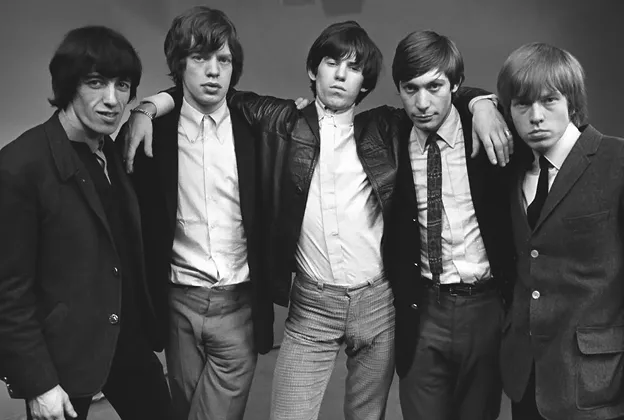Frank Zappa famously declared, “without deviation from the norm, progress is not possible.” That ethos mirrored The Beatles’ journey—from early Buddy Holly covers to reshaping pop with a touch of baroque elegance and pioneering use of stereo in albums like Revolver and Sgt. Pepper’s Lonely Hearts Club Band. This innovation sparked a seismic shift in music, making jazz and classical seem distant to many. Composer Leonard Bernstein even noted that rock’s “primitive” harmonic simplicity—rooted in folk triads—served as a creative launchpad for The Beatles’ extraordinary originality.
Yet for Zappa—an outsider who relished rebellion—this transformation was just another well-packaged evolution. He viewed the band’s change as comforting conformity, not true liberation. His album We’re Only In It for the Money pushed back through satire: its cover mocking Sgt. Pepper served as a deliberate “negative” of the original, storm-lit sky replacing the cheerful blues, and even featured Jimi Hendrix among its cast.
In Zappa’s blunt words: “Everybody else thought they were God! I think that was not correct. They were just a good commercial group.” “If we were only in it for the money, we’d be doing something else!”
He recognized that modern music’s success hinged on visuals and branding—an insight born of his brief advertising background. As he put it, “Art is moving closer to commercialism and never the twain shall meet.”
Pauline Butcher, Zappa’s personal assistant, reflected on his strategic image craft: he knew he wasn’t a “pretty boy” like The Beatles or The Rolling Stones. Instead, he embraced outrageous visuals—from flamboyant costumes to quirky poses—to stand out loud and clear in the commercial music landscape.
Zappa was drawn to music that pushed cultural boundaries. He recalled being profoundly moved—and intimidated—by Bob Dylan’s “Like a Rolling Stone,” admitting it nearly made him quit music.
Additionally, he favored The Rolling Stones’ Between the Buttons for its subtle critique of hippie culture. In a 1975 interview with Let It Rock, he told a tipsy Brian Jones that he thought it was superior to Sgt. Pepper’s, prompting a famously undignified belch.
Through satire, sharp criticism, and fearless divergence, Frank Zappa carved a legacy that challenged popular art and culture head-on. His provocative artistry ensured he wasn’t just part of music history—he was someone who reshaped how it could be understood.

